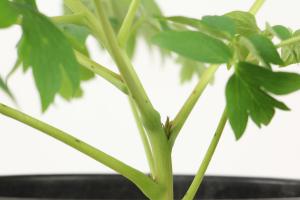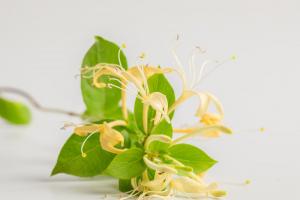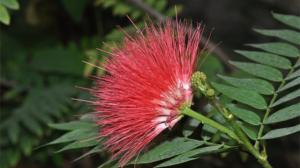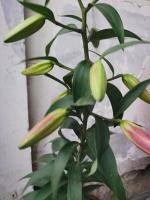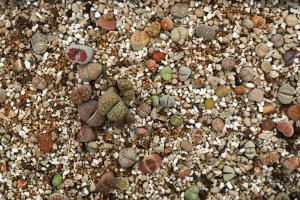Are Plant Water Meters Accurate?
If you’re addicted to the greenery in your home and want to ensure your plants thrive, you may have considered investing in a plant water meter. These meters can provide valuable information about the amount of water in the soil, allowing you to make more informed decisions about watering your plants. But are plant water meters accurate?
The Short Answer
The short answer is yes, plant water meters can be accurate. However, there are many different types of plant water meters on the market, and their accuracy can vary widely. Some lower-quality meters are cheaply made and may give inconsistent readings. Meanwhile, higher-end meters can be very accurate, but also come with a higher price tag. It’s important to do your research and choose a meter with a good reputation for accuracy.
Factors That Affect Accuracy
Several factors can impact the accuracy of your plant water meter readings, including:
The type of meter you’re using
The quality of the meter
The soil type
The type of plant being measured
Whether the plant is indoors or outdoors
Temperature and humidity levels
It’s important to keep all these factors in mind when using a plant water meter. For example, different plants have different watering needs and soil types can impact the accuracy of a meter reading. It’s also important to take into account the environment in which your plant is growing, as indoor plants may have different watering needs than those grown outdoors.
The Importance of Calibration
To ensure your plant water meter is as accurate as possible, it’s important to calibrate it regularly. Calibration involves comparing the readings from the meter to a known water source to ensure they match up. Over time, meters can become less accurate due to wear and tear, which is why regular calibration is important.
It’s also important to note that different meters may require different calibration techniques. Always refer to the manufacturer’s instructions when calibrating your meter.
Other Ways to Determine Watering Needs
While plant water meters can be helpful tools, they are not the only way to determine when to water your plants. You can also check the soil with your finger to determine how dry it is, or simply observe your plant for signs of thirst, such as wilting leaves. Over time, you may even develop a feel for how frequently to water certain plants.
Another way to determine optimal watering is to follow a watering schedule. For example, you may water your plants once a week, or you may water them every day if they require constant moisture. Depending on the plant, you may need to adjust your watering schedule throughout the year based on changing environmental conditions.
Conclusion
In conclusion, plant water meters can be accurate, but it’s important to choose a quality meter and keep in mind the many factors that can impact accuracy. Regular calibration is also crucial. Ultimately, while plant water meters can be helpful tools for monitoring soil moisture levels, they are not the only way to determine when to water your plants. A combination of meter readings, soil checks, and plant observation can help you ensure your plant thrives.

 how many times do yo...
how many times do yo... how many planted tre...
how many planted tre... how many pine trees ...
how many pine trees ... how many pecan trees...
how many pecan trees... how many plants comp...
how many plants comp... how many plants can ...
how many plants can ... how many plants and ...
how many plants and ... how many pepper plan...
how many pepper plan...